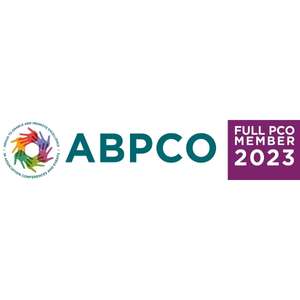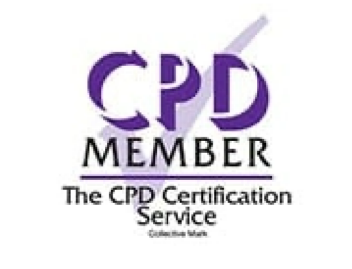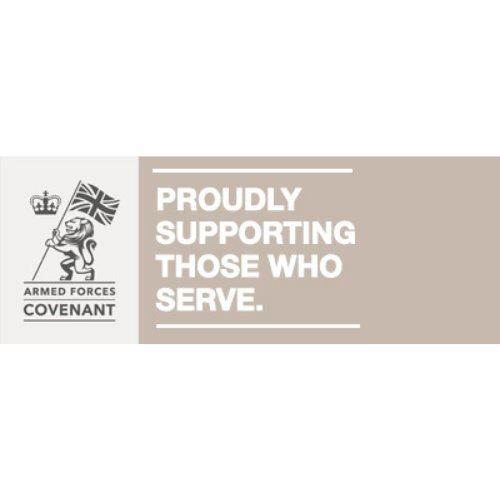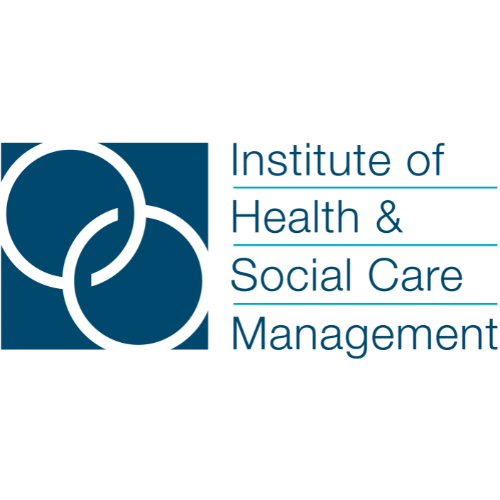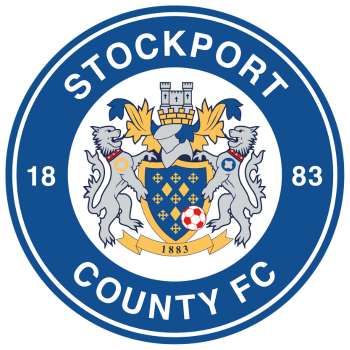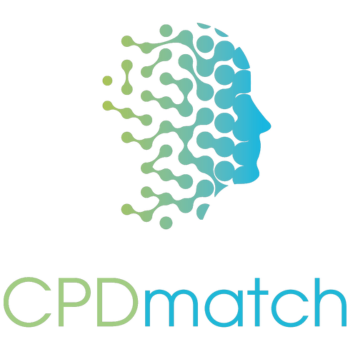The NHS Oncology Conference South 2023
The Convenzis Oncology Conference series aims to provide a secure and focused environment for NHS Oncology specialists to listen, learn and engage with peers and sector leaders from across the UK and further afield.
“I really enjoyed the conference, and the speakers were excellent. Thank you also for providing a seamless, quality conference experience as well “. University Hospitals Dorset NHS Foundation Trust
Cancer affects us all. Survival in England is at a record high and patients’ experience of treatment and care has never been higher, but we won’t stop there. We want every person with cancer to have the very best diagnosis, treatment and care. NHS England & Improvement
Around 40,000 fewer people than normal started cancer treatment in the UK last year. The UK’s NHS currently has more than 4·6 million people on waiting lists for surgery and 300 000 people have been on hold for more than 12 months—a wait time that is 100-times higher than before the pandemic.
Our upcoming conference will open the debate on how the NHS is planning to lean on new models of delivery and innovation to help manage the current treatment backlogs and improve outcomes on a national scale.
Here are a few examples of the amazing work already being done across the UK oncology sector:
Rapid Diagnostic Centres (RDCs): Rapid Diagnostic Centres (RDCs) are designed to speed up cancer diagnosis and support the NHS ambitions to achieve earlier diagnosis, with improved patient experience, for all patients with cancer symptoms or suspicious results.
The NHS Screening Programme: A £130 million national Radiotherapy Modernisation Fund has delivered the largest radiotherapy upgrade programme in 15 years. We have provided funding to replace or upgrade over 80 radiotherapy machines so that patients can have access to sustainable high-quality modern radiotherapy treatments wherever they live.
Proton Beam Therapy /(CAR-T) Therapy treatment for children: Proton beam therapy is a type of radiotherapy that uses a beam of high energy protons, which are small parts of atoms, rather than high energy x-rays (called photons) to treat specific types of cancer. CAR-T is a highly complex and innovative new treatment. CAR-T is a type of immunotherapy that involves collecting and using the patients’ own immune cells to treat their condition.
Providing personalised care and support interventions: The NHS Long Term Plan for Cancer stated that, ‘by 2021, where appropriate, every person diagnosed with cancer will have access to personalised care, including needs assessment, a care plan and health and wellbeing information and support.
Join us at the National NHS Oncology Conference as we explore these new areas of best practice, network with peers and share insights.
Research sources for Screening for a brighter future: NHS Oncology Virtual Conference: NHS England and improvement, Cancer Research UK
Convenzis events are highly regarded for their ability to drive strategic level change and transformation within the healthcare industry. Our events bring together senior healthcare leaders and decision-makers from across the NHS and wider healthcare sector, with the aim of identifying and implementing innovative approaches to address the most pressing challenges facing the industry today.


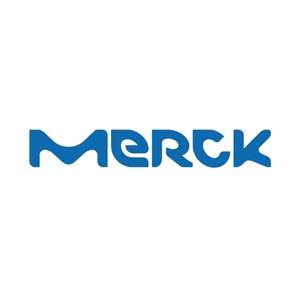


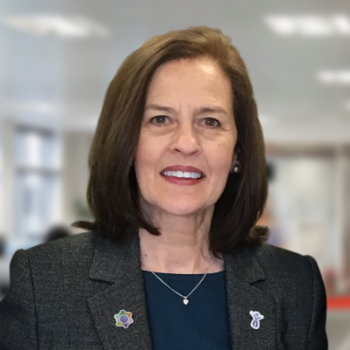

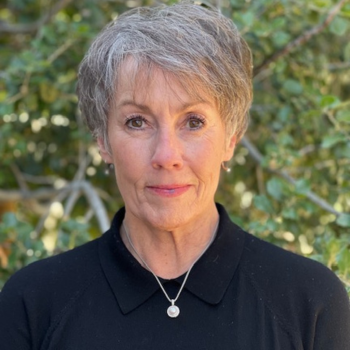
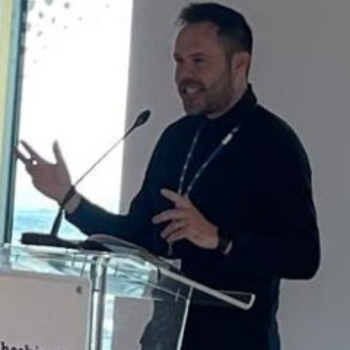




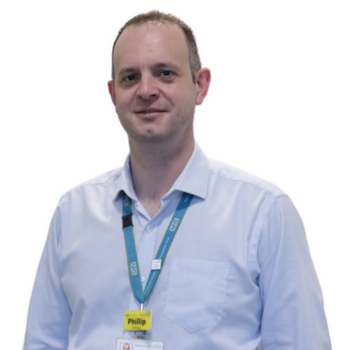
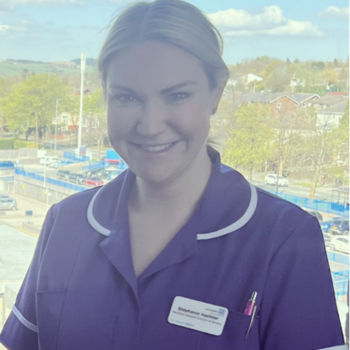
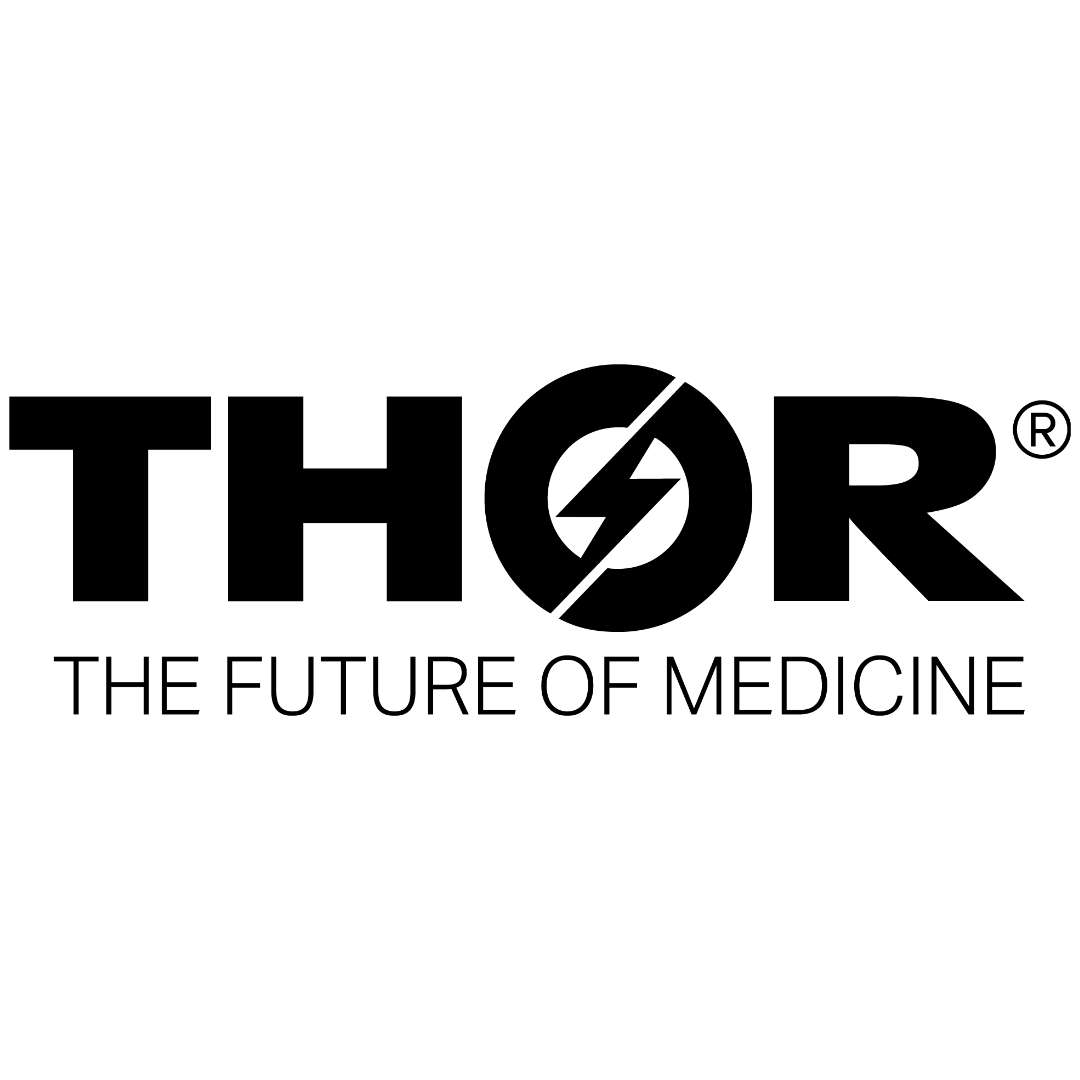

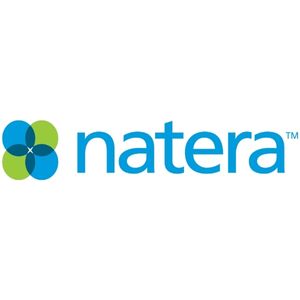
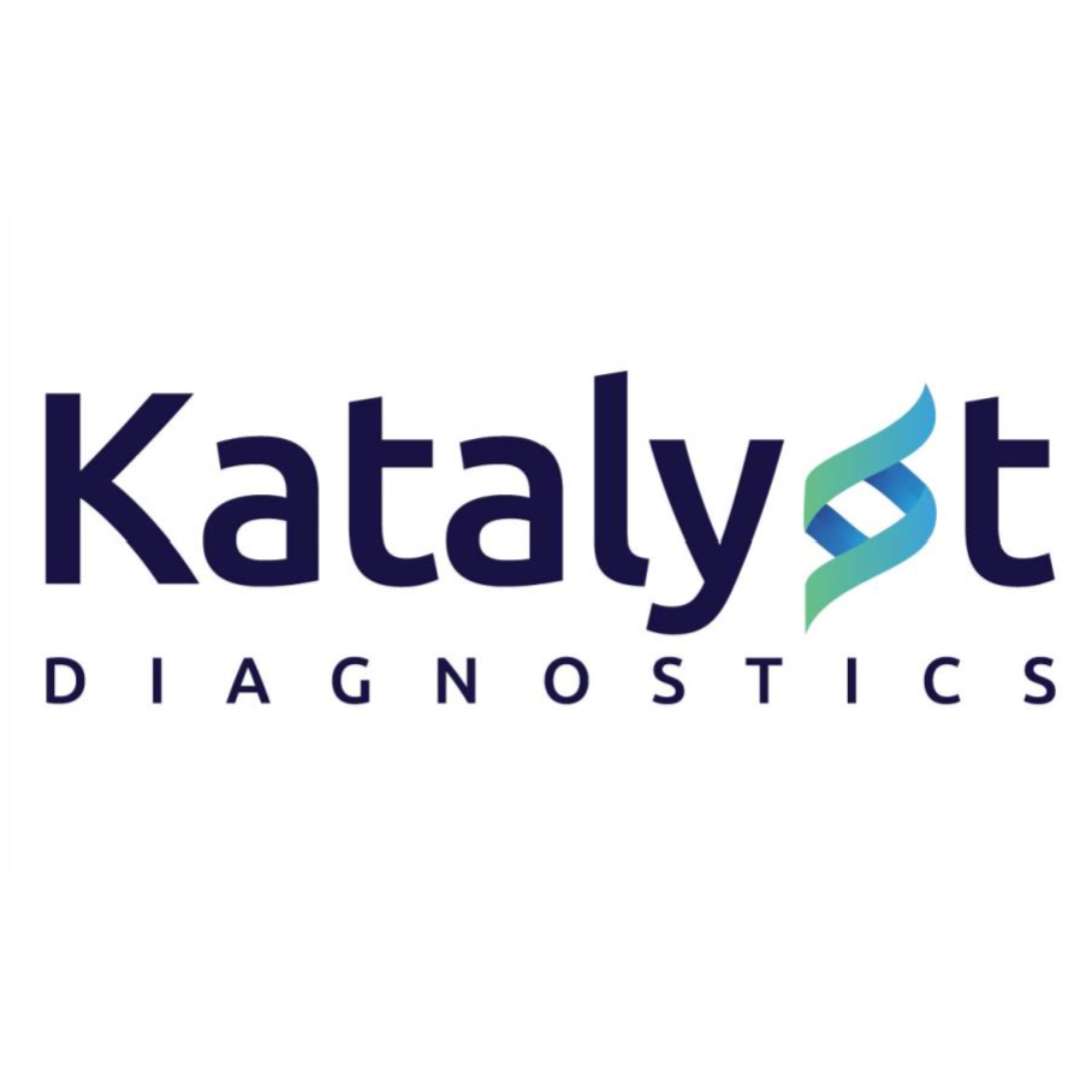
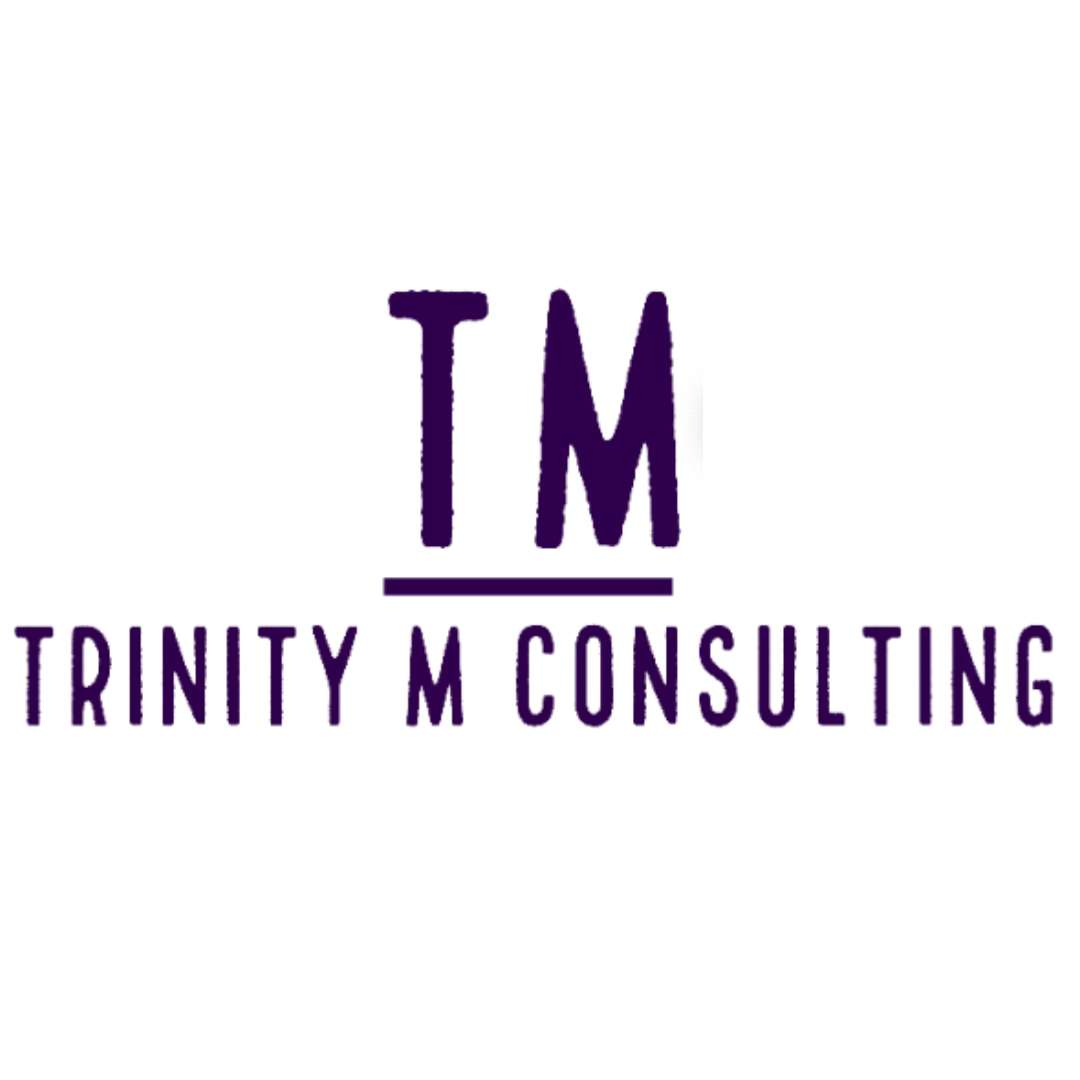
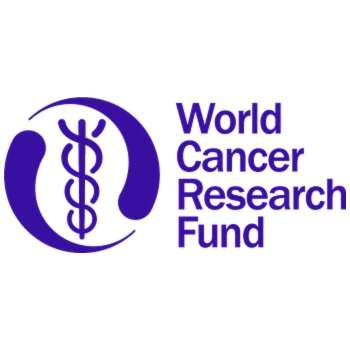

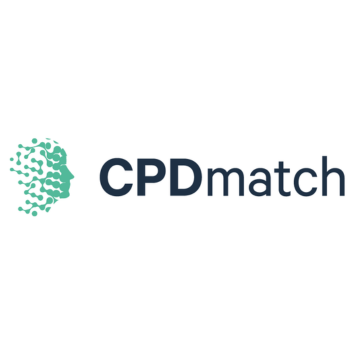
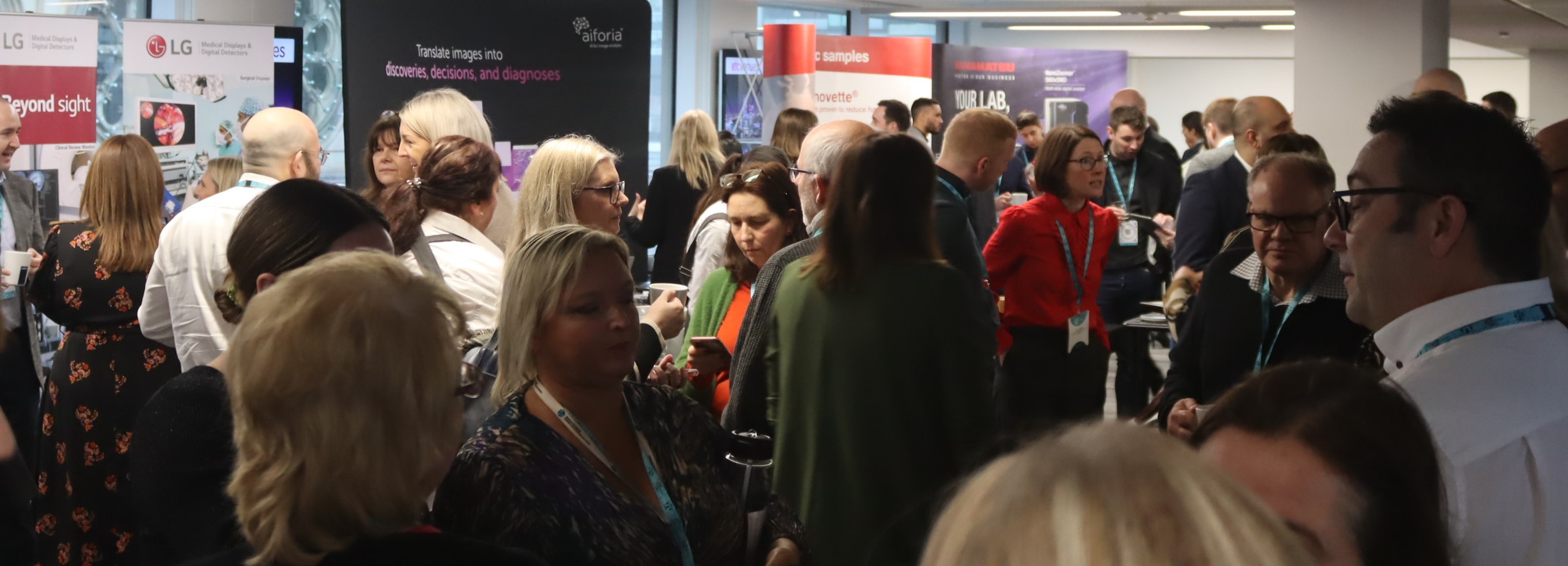
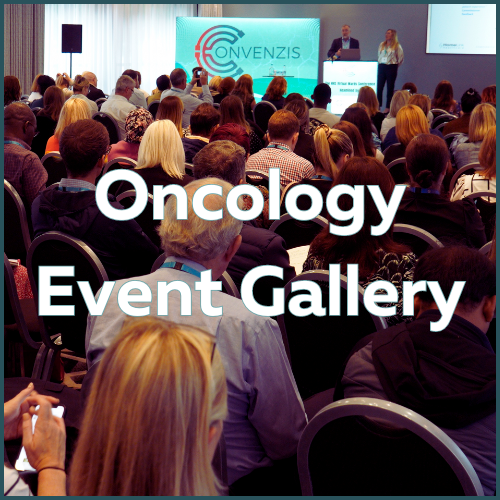 Oncology Event Gallery Series
Oncology Event Gallery Series
